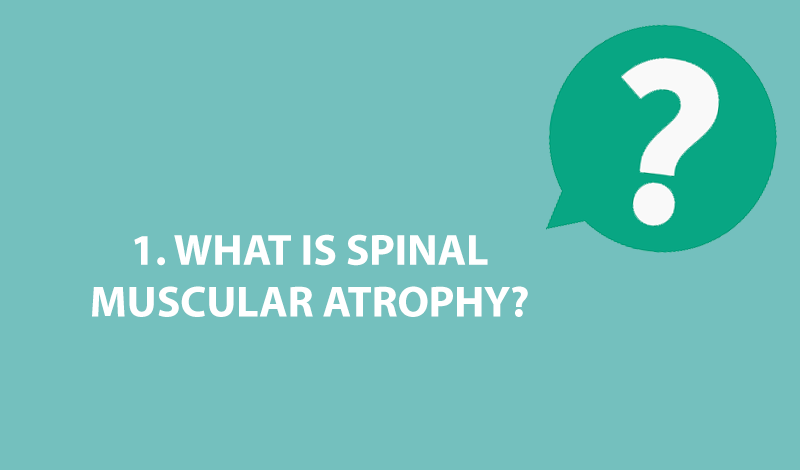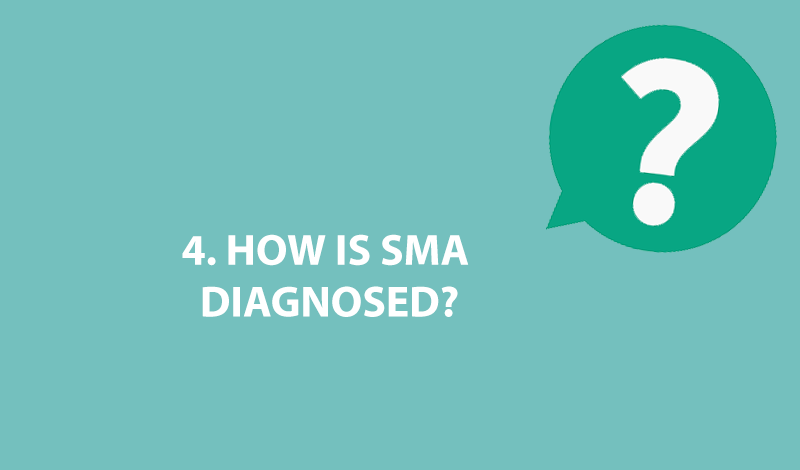5 FAQs About SMA
Written by |

Spinal muscular atrophy affects around 1 in 10,000 newborns. Here are five frequently asked questions about the condition according to Cure SMA:
Spinal muscular atrophy (SMA) is a genetic disease that affects mostly children but comes in different forms. The severe neuromuscular disease affects a person’s ability to participate in daily life functions, like walking, eating, or even breathing.
Find out more about spinal muscular atrophy here.
Infants and toddlers either delay or fail to meet important developmental milestones. Muscle loss is often one of the first observed symptoms of severe SMA.
Read about the four different areas of SMA management.
Type 1: The most common and also the most severe type of SMA accounts for 60 percent of cases and is generally diagnosed with the first six months of a child’s life. Children with type I SMA will have very limited movement and may be unable to swallow or breathe without assistance.
Type 2: Usually diagnosed from six-months-old to two years old. Children with type 2 will usually be able to sit up unaided but will be unable to walk.
Type 3: Less severe although the range of movement diminishes over time.
Type 4: Very rare and affects adults. Symptoms usually appear after the age of 35.
Read more about types 3 and 4 of spinal muscular atrophy here.
Genetic testing is the only way to diagnose a child with SMA because many of the early symptoms could be confused with other similar conditions.
Spinal muscular atrophy is a genetic disease of which both parents of the child must carry the faulty gene. Approximately 1 in 50 people are carriers of the faulty SMN2 gene.
Read more about the genes involved with spinal muscular atrophy here.
SMA News Today is strictly a news and information website about the disease. It does not provide medical advice, diagnosis or treatment. This content is not intended to be a substitute for professional medical advice, diagnosis, or treatment. Always seek the advice of your physician or another qualified health provider with any questions you may have regarding a medical condition. Never disregard professional medical advice or delay in seeking it because of something you have read on this website.








